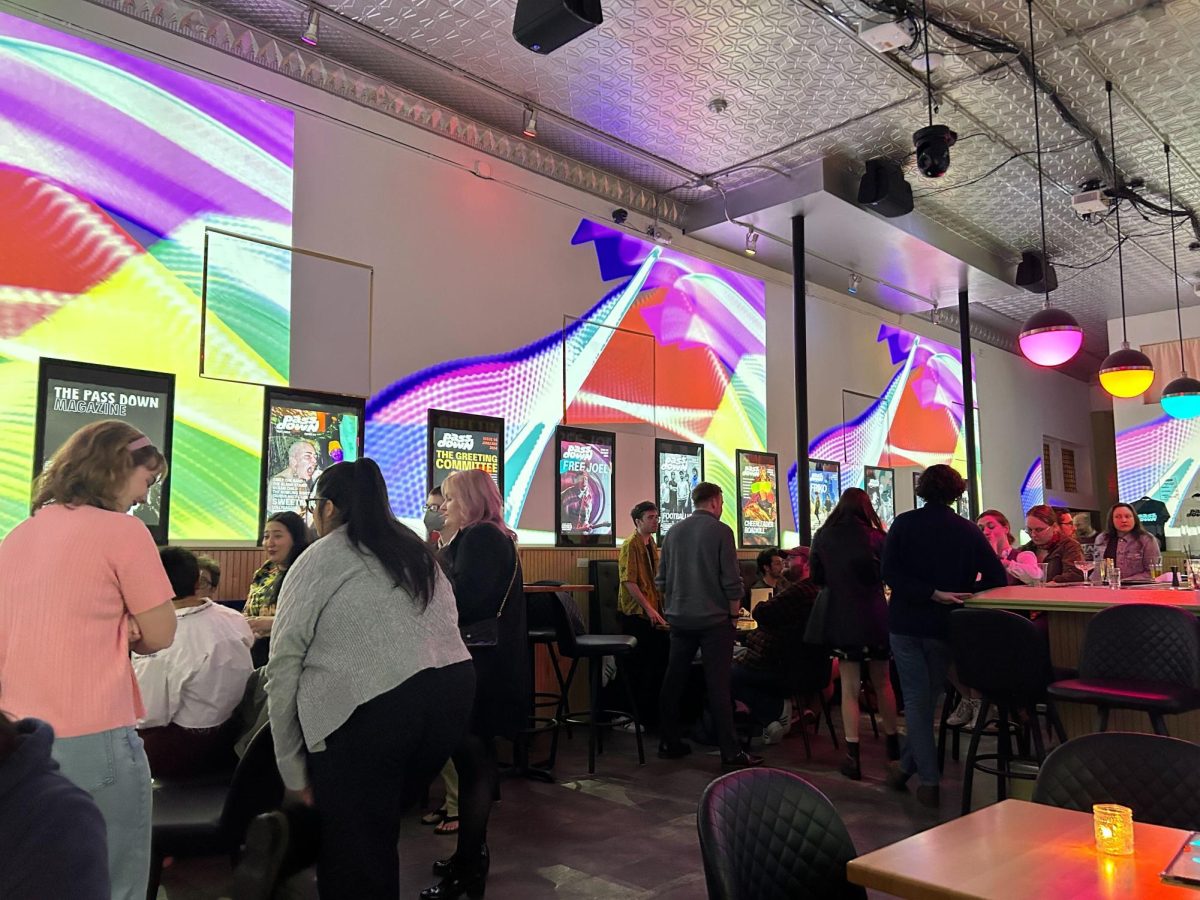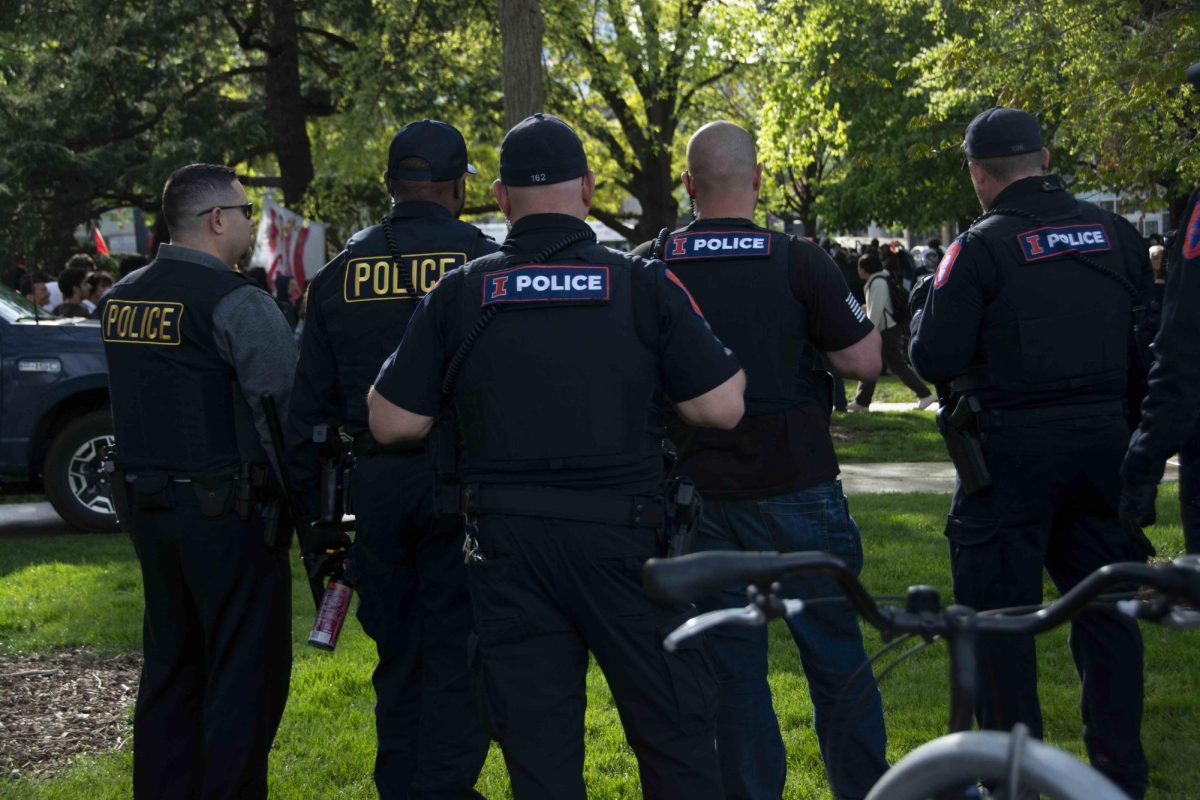The Urbana City Council voted to increase various license and permit fees for Fiscal Year 2011 at their meeting Monday night.
With all members in attendance, the council voted unanimously to increase liquor license fees, among others, by 2.5 percent for the next fiscal year, which begins July 1.
Additionally, council members voted to charge a flat rate of $1,000 for a Class T-3 liquor license — issued to private, for-profit festival promoters — instead of charging 5 percent of the event’s gross receipts, as originally proposed in the budget.
The budget will also increase the fees for ambulance licenses, civic center weekend rental rates and weekday parking space rentals, which will increase from $20 to $25 per month in surface lots and from $10 to $15 for daily meter bag rentals.
The council later voted to push back a decision on an ordinance that would give the mayor authority to make an agreement with companies for future recycling programs, which are proposed to cost the city less than its current programs.
Get The Daily Illini in your inbox!
Charlie Smyth, Ward 1, said he wanted to know whether ABC Sanitary Hauling — the firm that provides Urbana’s residential curbside recycling program and the firm that the ordinance proposes to provide this service in the future — would collect a greater amount of materials as a part of the renewed contract.
Bill Gray, director of public works, said he did not have an answer and recommended that the council postpone a vote until the next meeting.
Because the contract would not begin until April 1, 2011, the council later agreed and voted unanimously to send the motion back to committee.
The meeting concluded with a presentation from Jayne DeLuce, executive director for the Convention and Visitors Bureau of Champaign County, where she explained the benefits of tourism for the local community.
She proposed ideas that may attract more visitors and business to Urbana, such as travel packages for those family members who may not want to go to Illini football games and other ways to bring people to a relatively rural part of the state.
“We don’t need the mountains and lakes,” DeLuce said. “We don’t have to have those. We want to embrace our flat.”




